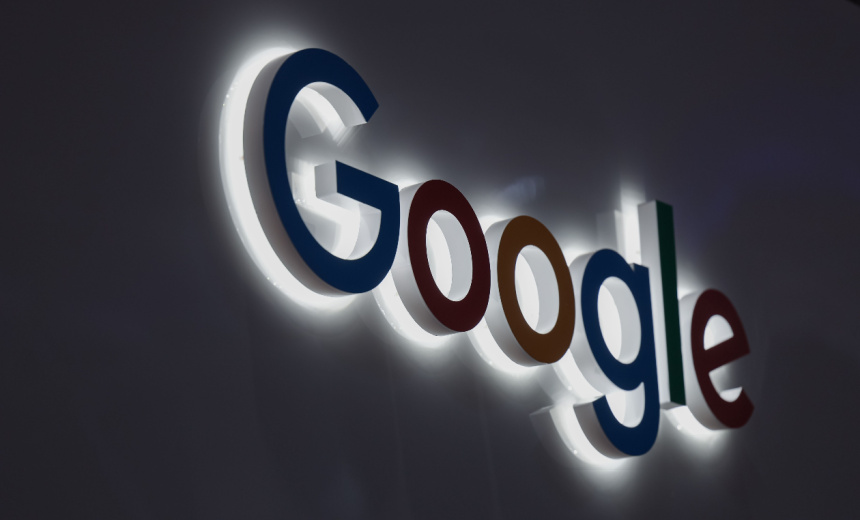Artificial Intelligence & Machine Learning
,
Next-Generation Technologies & Secure Development
Firm Folds AI Studio, Gemini API Into DeepMind; Sets up World Model Team

Google is restructuring its artificial intelligence teams and forming a new division under its DeepMind unit.
See Also: Live Webinar | AI in the Spotlight: Exploring the Future of AppSec Evolution
Both the AI Studio team and the Gemini API team will now be run under DeepMind, said a Thursday social media post from head of product for Google’s AI Studio developer platform Logan Kilpatrick. “This move will allow us to double down on our already deep collaboration and accelerate the research-to-developer pipeline,” he said.
Jaana Dogan, an engineer from one of the transitioning teams, said that the shift would make DeepMind’s work more accessible to the public. “Better APIs, more open source, more tools, you name it,” she wrote on X, formerly Twitter.
Google has been integrating its developer-focused AI teams into DeepMind, which was restructured in 2023 after merging Google Brain and Google Research’s DeepMind team. It also more recently moved its models, research and responsible AI teams to DeepMind, reported Reuters.
CEO Sundar Pichai said in a December 2024 company-wide meeting that the changes were crucial for AI development, adding that Gemini had a “strong momentum” and that the company would scale its consumer applications this year. “We need to move faster as a company,” Pichai reportedly said. “The stakes are high.”
In addition to streamlining its existing AI operations, Google is also launching a new team under DeepMind, which aims to develop AI models capable of simulating the physical world. Tim Brooks, a former co-lead on OpenAI’s video generator Sora who joined DeepMind in October 2024, will lead the team.
“DeepMind has ambitious plans to make massive generative models that simulate the world,” Brooks said on X. He also linked two job openings in the post, which said that the team would tackle “critical new problems” drawing from the work on Google’s Gemini, Veo and Genie projects.
Google’s flagship AI model series Gemini is designed for tasks such as text generation and image analysis. Veo focuses on video generation, while Genie creates 3D interactive environments. The new team will develop tools for “real-time interactive generation” and integrate them with multimodal models like Gemini.
“We believe scaling pretraining on video and multimodal data is on the critical path to artificial general intelligence,” the job listings said.
World models are the shiny new AI object in the AI industry, with Nvidia, AI researcher Fei-Fei Lee’s World Labs, Israeli firm Decart and Odyssey developing their own. The models aim to help AI systems better understand and interact with the world by creating virtual environments, and their applications can extend from developing interactive media, such as video games and movies, to conducting realistic simulations for training robots.
While world models hold promise, they also raise ethical and economic concerns. Game studios such as Activision Blizzard have reportedly started using AI to increase productivity, leading to layoffs and sparking fears of job disruption. A study from last year by the Animation Guild predicted that AI could impact over 100,000 U.S.-based film, TV and animation jobs by next year.
The use of copyrighted material for training world models has also raised legal questions. While Google reportedly has permission to train its models on YouTube videos, the company did not disclose specifics on which videos were used, including whether the content was licensed or not.
Google’s aggressive push to consolidate AI research under DeepMind and explore world modeling mirrors that of other giants, but it remains to be seen if they can balance rapid technological advancements with responsible practices.
